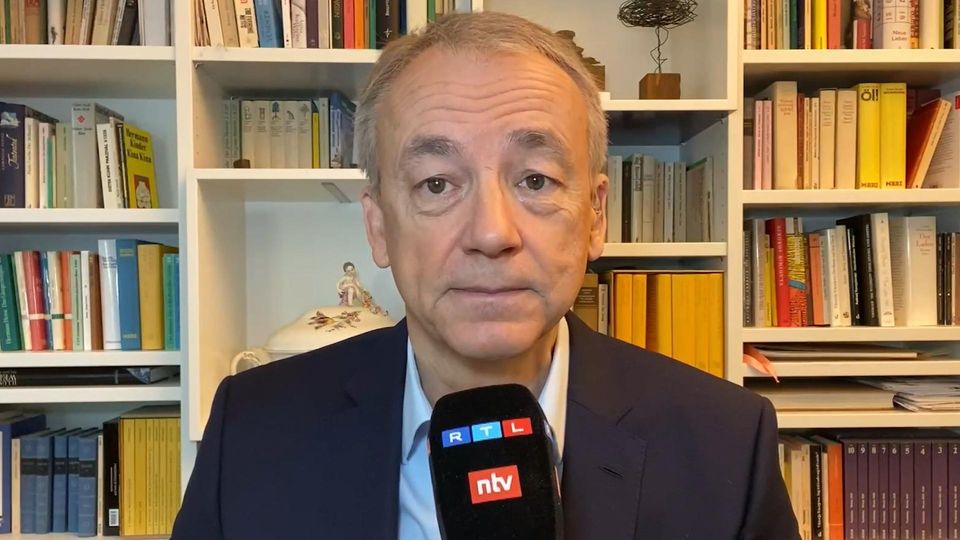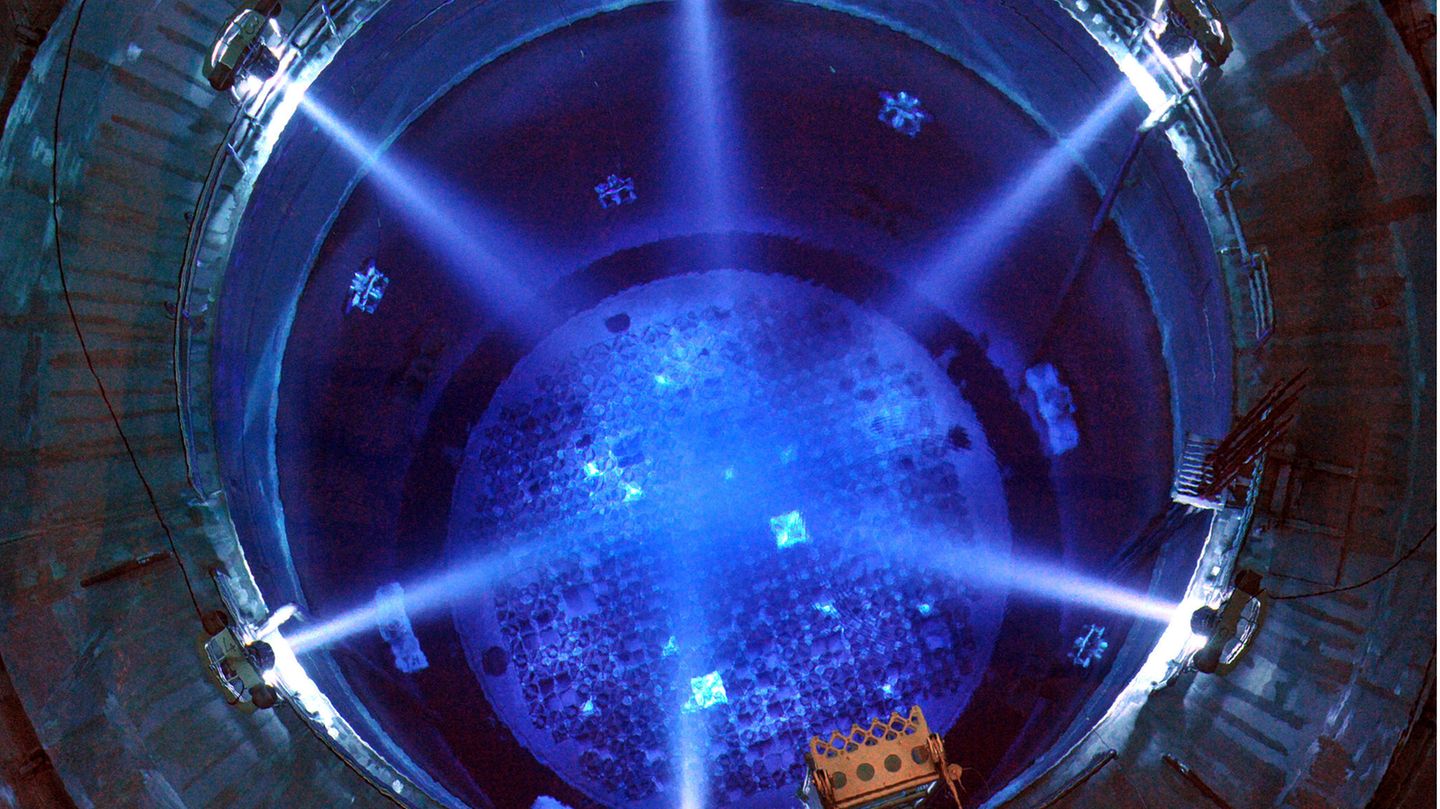The USA is imposing new penalties on Russia, the EU already wants to pass the eleventh package of sanctions – which goods and products are still missing from the long, black list? There aren’t many, but important ones: uranium, for example.
For the eleventh time, the Europeans want to put together a package of sanctions against Russia. So far, the punitive measures have not been able to end the war in Ukraine, but the fact that they really annoy Moscow is evident again and again in the secondary theaters of the war. About exactly a year ago, on May 19, 2022. At that time, negotiations were under way on a grain agreement. Kremlin envoys demanded that Ukrainian ports be opened for the export of the food if Western sanctions were partially lifted. The deal happened.
Russia continues to earn fertilizer
Since then, Ukraine has been exporting wheat, soybeans and sunflowers again – vital for its survival and for the world. Russia is allowed to export fertilizers, among other things. The hurdles for this were lowered a little when the grain agreement was extended on Ascension Day, because otherwise the Moscow government would have said Njet. And, because a lack of fertilizer hinders the cultivation of grain, making food even more expensive. Fertilizer is one of the areas that remain unaffected by western imports.
Although the EU and the US have imposed the largest catalog of penalties on Russia to date, there are still freely tradable goods and products. According to Eurostat, around 170 billion euros flowed to Russian companies last year. Of this, European companies have transferred 2.6 billion euros for fertilizers alone. Food and pharmaceuticals are also not affected, so that the population is spared as much as possible from the measures.
Export hits uranium and diamonds
Also not on the sanctions list: uranium. For Germany, where the last nuclear power plants recently went offline, the fuel is no longer important, but it is different for other EU countries. Hungary, for example, is still planning to build a reactor with the help of Russia. In addition, 15 nuclear power plants from Soviet times are still in operation throughout Europe and can only obtain their fuel rods from Russia. It is therefore rather unlikely that the metal will be included in the upcoming eleventh package of sanctions.
Diamonds have not been blacklisted either. However, that could change soon. Because the G7 countries decided at their summit in Hiroshima, Japan, to also restrict trade in precious stones. According to Eurostat, the EU countries alone bought Russian diamonds worth one and a half billion euros last year. Overall, Russia, as the world’s largest producer of rough diamonds, earns at least four billion euros from the stones.
Why sanctions do not take effect so quickly
The new punitive measures will probably not be able to stop “Russia’s war machine” (G7 declaration). As little as the previous sanctions could. A European Parliament report said months ago that the impact “will not be severe enough to limit Russia’s ability to wage war against Ukraine in 2023.” There are a number of reasons why the drug does not have the desired consequences.

- Firstly, the expectation: Like all interventions in the economy, sanctions also need time to take full effect. The Russian economy and trade are declining, but not as quickly as expected. The hope that the economy would collapse within a few months was completely exaggerated. This is also due to the fact that the head of the Russian central bank, among other things, had prepared the country excellently for (foreseeable) isolation.
- Improvisation: The list of goods that cannot be sold to Russia also includes computer chips – which can be used for missiles and weapon systems, for example. In this case, however, the control elements of refrigerators or washing machines also do the same. That is why the export of such household appliances to countries like Turkey and Kazakhstan has increased dramatically since the beginning of the war. There the chips are removed and shipped to Russia, where they are then installed in weapons. Preventing this should not be possible. Because the export of simple kitchen appliances to uninvolved countries is unlikely to be negotiable.
- Circumvention of sanctions: Many states are not complying with the sanctions. India is suspected of continuing to buy crude oil from Russia, refine it and then ship it on. In this way, not only Russian raw materials end up in Europe, but indirectly also euros. However, the supposed solution of simply imposing sanctions on India as well could anger the government there and thus drive the country even more into the arms of Russia.
militarism
Selfies from trenches, children in tanks: Putin’s propaganda uses history as a weapon
According to Julia Grauvogel from the German Institute for Global and Area Studies, the fact that the EU and the USA are still continuing their sanctions regime makes sense. The main effect she sees is that these increase the pressure on the Kremlin by limiting Russia’s ability to pay for the war and conduct it with the latest technology. Rather, sanctions could serve as a bargaining chip in talks,” said Grauvogel in a
Similarly, the G7 summit statement: “We remain united in imposing coordinated sanctions and other economic measures to further undermine Russia’s ability to conduct its illegal aggression.”
Sources: DPA, AFP, Ifo, , , ,
Source: Stern
I have been working in the news industry for over 6 years, first as a reporter and now as an editor. I have covered politics extensively, and my work has appeared in major newspapers and online news outlets around the world. In addition to my writing, I also contribute regularly to 24 Hours World.




